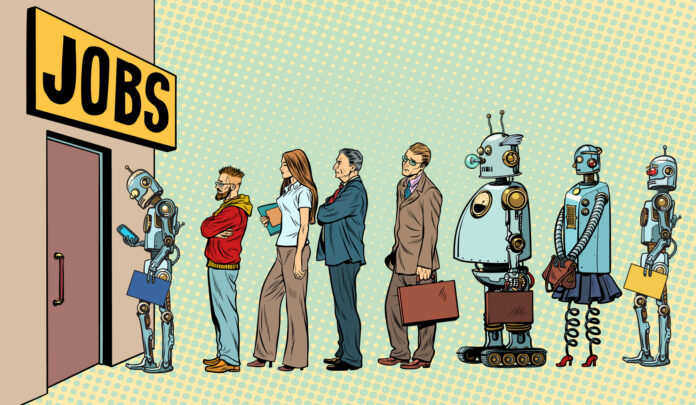Overview
The necessary conditions for work and productivity shift constantly. Pandemic aside, a new set of trends driven by governance, technology, and behavior will require different skills from the developing workforce. Things like curiosity, emergent leadership, the ability to draw deep connections, and being a generalist over a specialist are what Stowe Boyd believes is the future of work skills.
Key Takeaways
- These skills are largely not being taught. How do they come about? How are they nurtured – not just in students but in the workforce?
- What role does an environment, or a culture, play in developing or emphasizing these 10 traits? Are there any that are particularly prioritized or left behind in certain environments?
- What do these look like in the context of remote work, cowork, and typical office work?
Excerpts
- First of all, let’s state explicitly that we’re talking about skills that are helpful for operating in the wildly changing world of work, and note that I make no distinction between the skills needed by management versus staff.
- 1. Boundless Curiosity: The most creative people are insatiably curious. They want to know what works and why.
- 2. Freestyling: We have to learn to dance with the robots, not to run away. However, we still need to make sure that AI is limited enough that it will still be dance-withable, and not not-runnable-away-from.
- 3. Emergent Leadership: Emergent leadership: the ability to steer things in the right direction without the authority to do so, through social competence.
- 4. Constructive Uncertainty: The idea of constructive uncertainty is not predicated on eliminating our biases: they are as built into our minds as deeply as language and lust.
- 5. Complex Ethics: All thinking touches on our sense of morality and justice. Knowledge is justified belief, so our perspective of the world and our place in it is rooted in our ethical system, whether examined or not.
- 6. Deep Generalists: Deep generalists can ferret out the connections that build the complexity into complex systems, and grasp their interplay.
- 7. Design Logic: It’s not only about imagining things we desire, but also undesirable things — cautionary tales that highlight what might happen if we carelessly introduce new technologies into society.
- 8. Postnormal Creativity: In postnormal times creativity may paradoxically become normal: an everyone, everyday, everywhere, process.
- 9. Posterity, not History, nor the Future: While we need to learn from history, we must not be constrained by it, especially in a time where much of what is going on is unprecedented.
- 10. Sense-Making: Skills that help us create unique insights critical to decision making.




